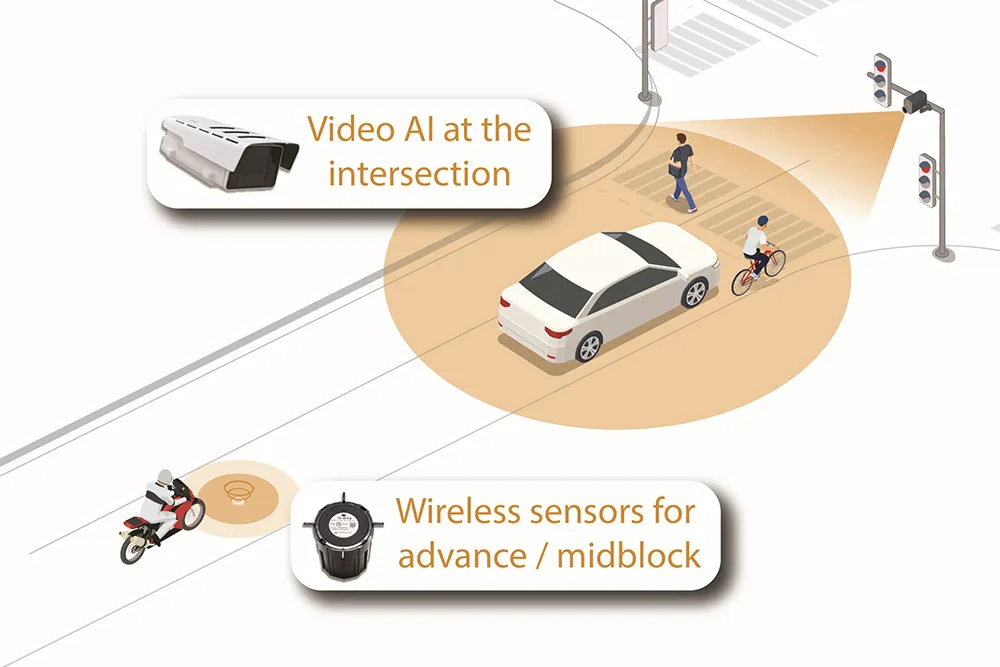
Centracs Edaptive is Econolite’s next-generation adaptive signal control, optimising cycle, offset, and splits by using high-fidelity 1/10-second resolution data. It’s built upon Econolite’s Centracs SPM and offers deep analytical capabilities, ensuring users can maximise the performance of their signal control system. It’s designed to balance sustainability and reliability with the latest in adaptive algorithms, enabling users to optimise roadway efficiencies and reduce traffic congestion 24/7.
Centracs Priority provides dynamic signal control for fire, emergency, transit, and other priority vehicles. By leveraging GPS and existing CAD AVL systems, Econolite’s Centracs ATMS can calculate vehicle ETA at signalised intersections. This enables the company’s smart traffic controllers to render tailored priority much more efficiently than legacy pre-emption or TSP systems. It replaces traditional siloed pre-emption and TSP with an integrated inter-department route-based priority system that greatly improves emergency response times, transit on-time performance, and overall operational efficiencies. Through Econolite’s queue flush feature, Centracs Priority can discharge traffic ahead of arriving priority vehicles to further reduce congestion and delays.
Both new innovative software solutions are designed to intelligently optimise mobility, enhance safety, and increase sustainability in support of smart city initiatives.










